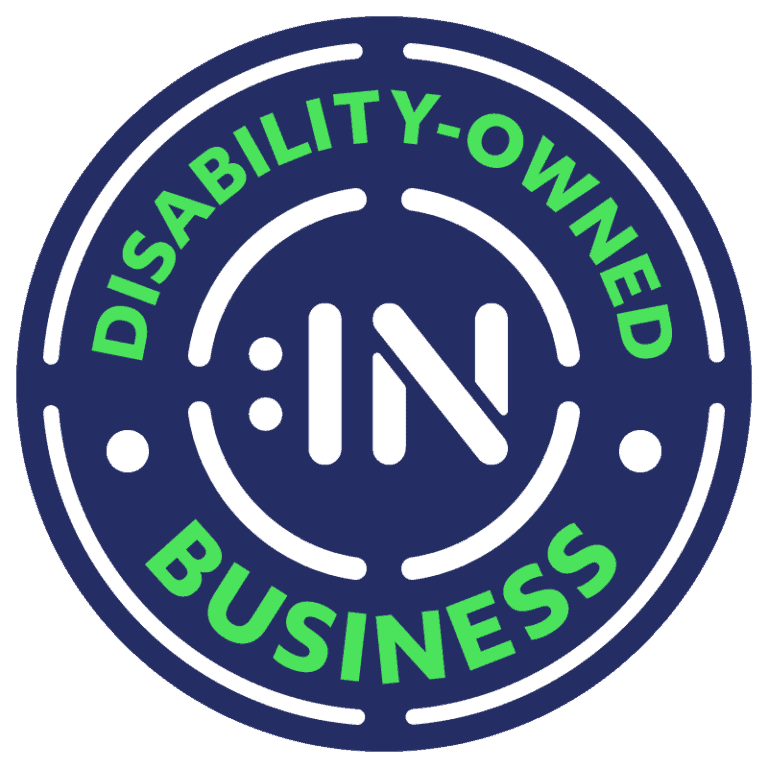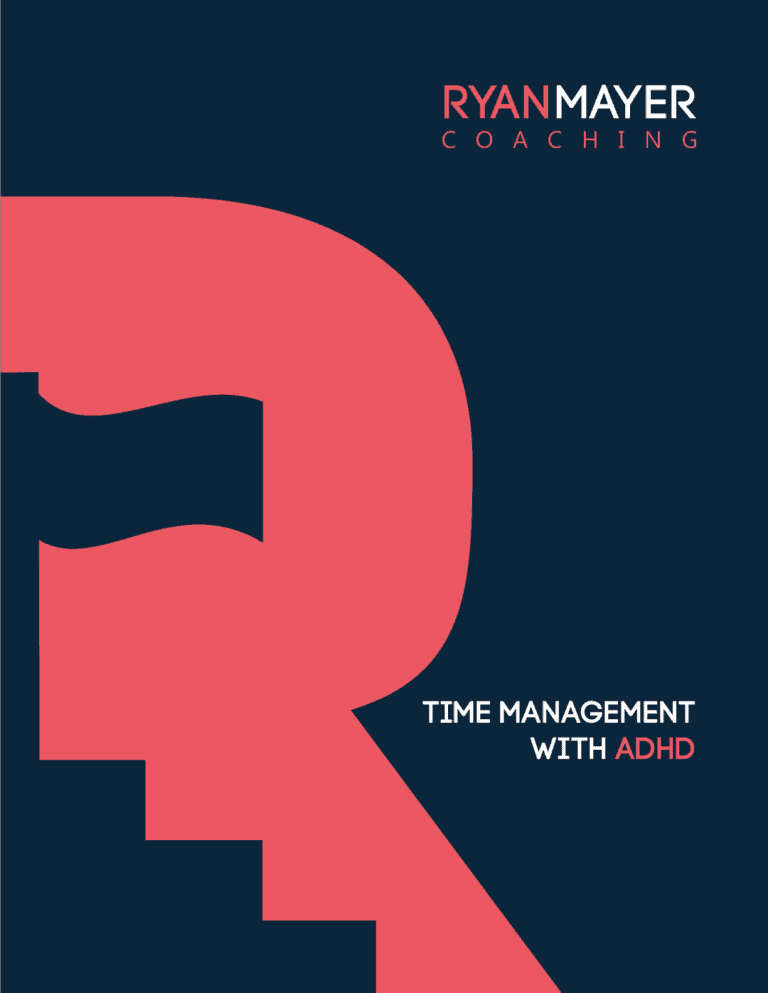Do you often miss appointments? Do you find yourself rushing out the door every day to work because you didn’t realize what time it was? Do you struggle to be on time to things, even if you really enjoy them? You may not realize it, but there’s a connection between that missed appointment last week and your struggle to manage your money 💵 … Yep, you guessed it! It’s the ADHD symptom of time blindness!
Three Ways Your ADHD Time Blindness Affects Your Money
There are many ways time blindness could affect your money, but here are the top three:
1. Late Payments
People with ADHD may have an inability to understand how time is passing by and therefore can easily forget about an upcoming bill due to time blindness.
2. Overspending
This can show up in the form of actual overspending (hello ADHD impulse shopping!) or the common challenge of failing to plan for upcoming expenses. This may lead to spending even more money to fix a bigger problem. Yikes! 😱
3. Issues With Prioritization
Time blindness can cause you to get lost in the moment. This may lead to impulse spending, rather than saving money, paying bills, or paying down debt. (“Hey everyone, this round’s on me!” seemed like a really good idea last night… 🤦♂️)
Tips To Overcome ADHD Time Blindness Budgeting Struggles
After identifying how time blindness affects your ADHD money management, you can implement strategies to avoid the same struggles in the future.
1) Use a Calendar
Write the due dates onto your calendar as soon as you get the bills out of your mailbox to avoid late fees. It doesn’t matter if the calendar is on your wall or on your screen – just that the due dates for your bills gets documented! (Use whatever system works best for your ADHD brain!) *ADHD bonus tip 1*: If you use a phone calendar, you can also set reminders for your phone to notify you when you have a due date approaching! *ADHD bonus tip 2*: Use your mobile banking app to schedule your bill payments!
2) Make a List of Your Expenses
Part of having a solid plan to avoid overspending is accounting for all your expenses, even the non-monthly ones. Make a list of all the bills you pay less frequently than monthly, divide that total by 12 months, and put that into savings every month. By accounting for quarterly, bi-annual, and annual expenses in your monthly budget, you’ll have a more accurate idea of the amount of money you can safely spend on a monthly basis. That’s an ADHD Win! (Example: It turns out that Christmas is on the same day every year – so we can PLAN for it! 🤯)
3) Know Your Why
In last month’s blog, we discussed figuring out why it was important to those of us with ADHD to learn about money management. Figuring out your “Why” (what drives you) brings clarity during decisions drenched in dopamine. Once you know why being smarter with your money is important to you in the long run, it is easier to prioritize paying off your next bill instead of making that next (potential) impulse buy, because you know you’re setting yourself up well for the future. Revisit that “Why” you created, and keep it in mind each time you’re about to spend any money.
An Adult With ADHD May Benefit From Using a Money Coach To Overcome Time Blindness Struggles
If you find yourself struggling with late payments, overspending, or have issues prioritizing where your money is going, you may benefit from working with a Money Coach who is familiar with ADHD & budgeting challenges. A Money Coach can help you get a grip on your spending, battle your debt down, and help you to form new habits with money, despite your ADHD. Once you have a money management plan in place, you’ll avoid late fees & pay less interest over time. 👏🏽
You really should book a call with Money Coach Stephanie Berman. (Psst: This is one of the times that I will tell you it’s actually ok to make the impulsive decision – your future self will thank you!)










